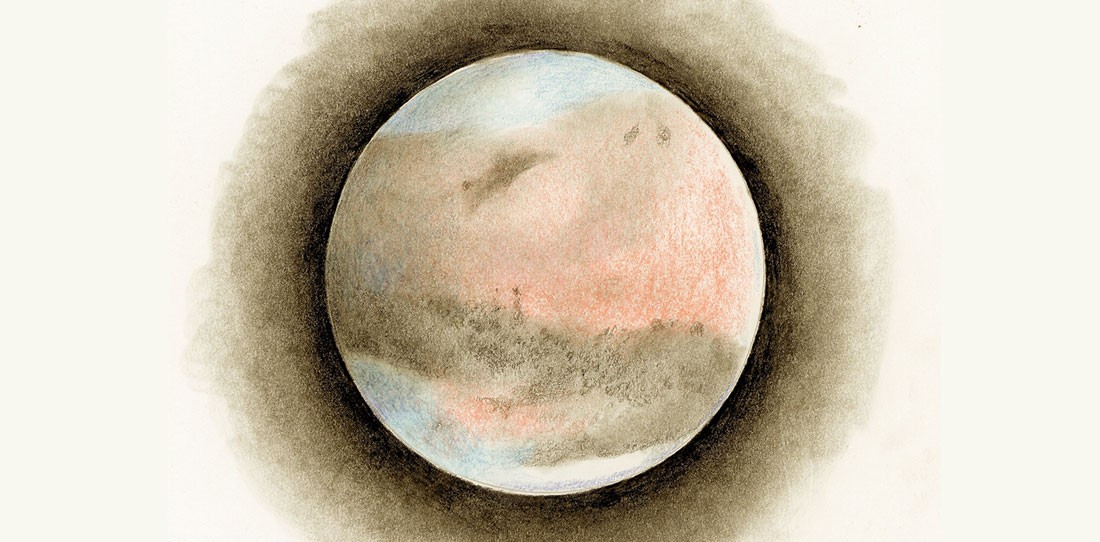A case against space expansion
There is only so much money in the world, and it should stay on Earth
Space travel used to be a dream, a fantasy only seen on the screen of a movie theatre.
But that dream is rapidly becoming a reality. With the world looking to Mars as its next space destination, the prime candidate is actually a lot closer than most think.
At the tail end of 2019, NASA released a budget amendment in which they revealed plans to send humans back to the moon in 2024 and have a permanent presence there by 2028.
While thrilling at first glance, there are multiple hoops to jump through before this goal could ever be achieved, the biggest one being money. It should be no surprise that space travel is very expensive, and that reason alone is why humanity should take a step back and reassess what is happening on Earth.
It is common knowledge that Earth is facing a lot of problems, including extreme poverty, depression and anxiety, countries embroiled in battling drug addictions, world hunger still ravaging millions and – as visible in many news headlines – global warming. These are all issues that need immediate attention but seem to be getting pushed aside for bigger aspirations.
Arguably, the biggest question surrounding space expansion is “when,” and “right now,” if the above list is any indicator, is certainly not a good time.
Earth is facing a multitude of issues that need immediate fixes and as these problems worsen, the attitude of many countries seems to be changing from “How do we fix this?” to “How can we escape this?”
NASA’s budget amendment revealed how much they plan to spend in 2020, and the numbers are huge. With President Donald Trump personally requesting a $1.6 billion addition, NASA will have a budget of $22.6 billion in 2020.
This sum of money could go great lengths to solve world problems, ones that are much closer to home and more relevant than either the moon or Mars. Looking at other countries in the space race (including China and Russia that had a combined budget of $14.3 billion in 2019), global space funds drastically increase and really makes one wonder why there isn’t a joint fund that could see countries pooling money, something similar to when the International Space Station was created in 1998.
At the end of 2015, the United Nations announced a list of sustainable development goals that they aim to complete by 2030. The first two spots were taken by two massive goals: eradicating both hunger and poverty across the globe.
There is no doubt that $22.6 billion, or even a small amount of that, would put a massive dent in the UN’s ambitious sustainability plan. There are people experiencing homelessness and starvation on Earth where food and shelter are plentiful, and with as much money as NASA is being given, going to the moon should not be a priority.
In the current state of the world, the focus should be on saving Earth first, protecting what is here and creating ways to ensure the safety of everyone for an extended period of time. It is only when humans are on track for a safe and sustainable Earth that the continuation of developing space technology will become relevant. After all, if these problems cannot be fixed on Earth, humans will share the same fate elsewhere.
Published in Volume 74, Number 17 of The Uniter (February 6, 2020)







